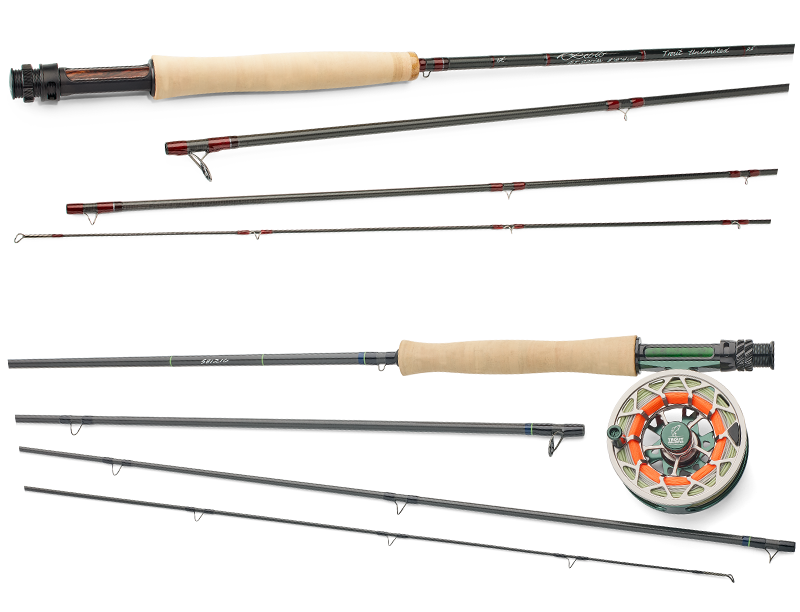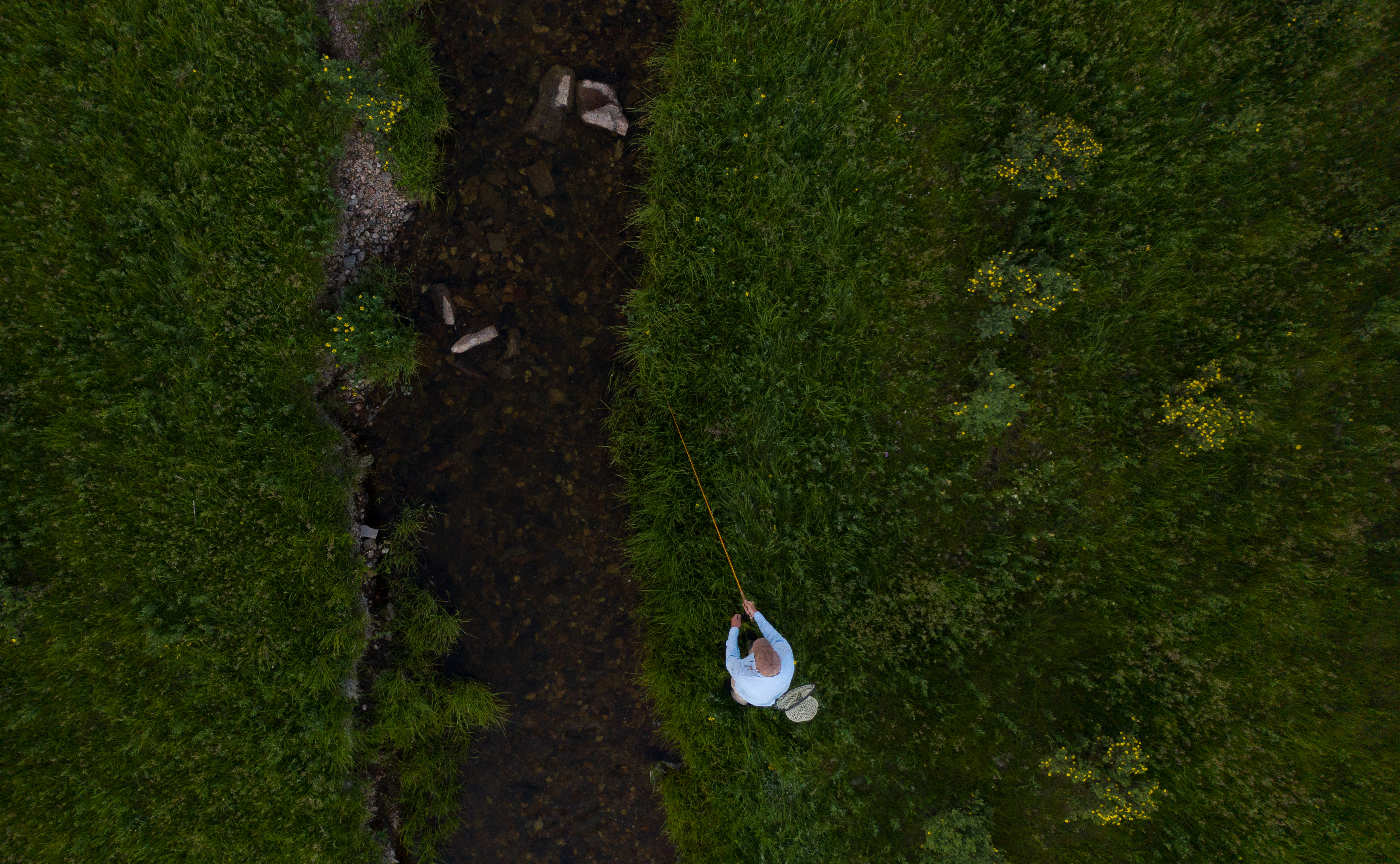I’ve spent a good part of the past month fishing in saltwater in the Low Country of South Carolina. There’s something special about fishing in the salt, particularly for redfish. Not so much in the open ocean, rather, back in the marshes and flats. Fishing in the backcountry in channels carved by tides is like push-poling around Mother Nature’s own fingerprint.
Fishing small water really puts the angler in touch with the ecosystem. It’s here where you see nature in full balance. Watching shrimp popping might draw your attention to an egret wading the mud shore by the oyster bed. And if you look close enough, you might see a push of nervous water nearby, or if you’re lucky enough, even that blue-hued tail slicing just a tick above the surface. Then you know you have a “crawler” red drum working up the flat, and you have seconds to make a cast that drops a shrimp or crab fly in its path.
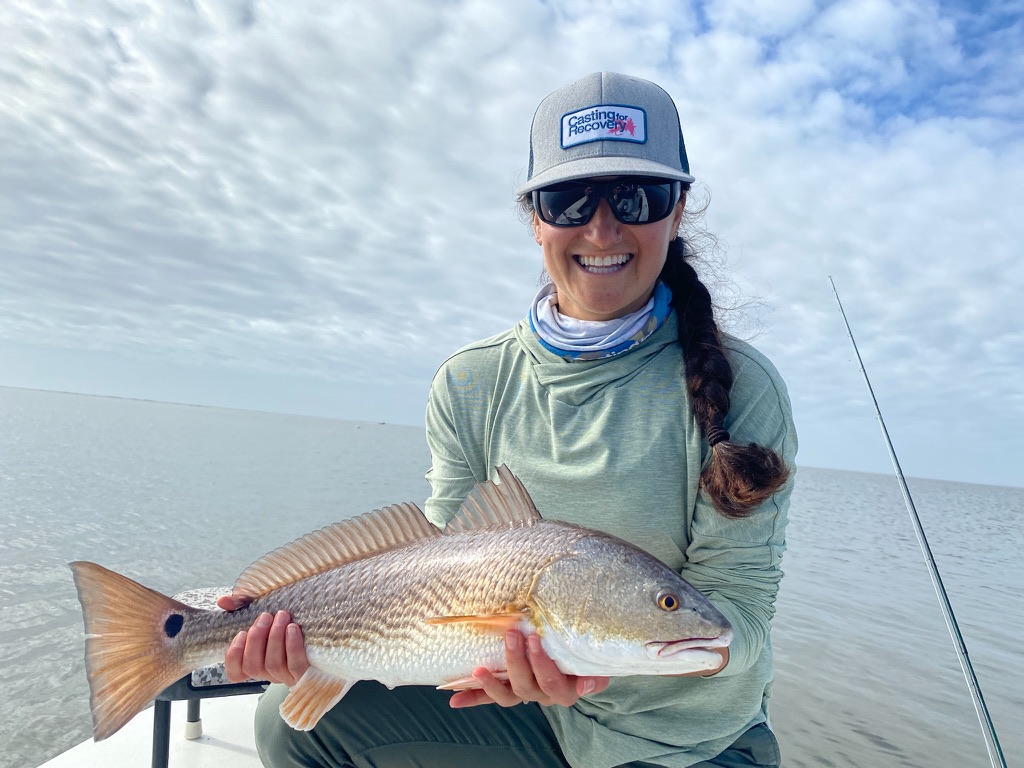
Thing is, everything changes in real time with the tide. It won’t be the same shot in 10 minutes. In another few hours, all of this will be completely submerged, and several hours after that, then it will be nearly dewatered.
But just because there’s little water doesn’t mean there’s little life. In my experience, quite the opposite is true.
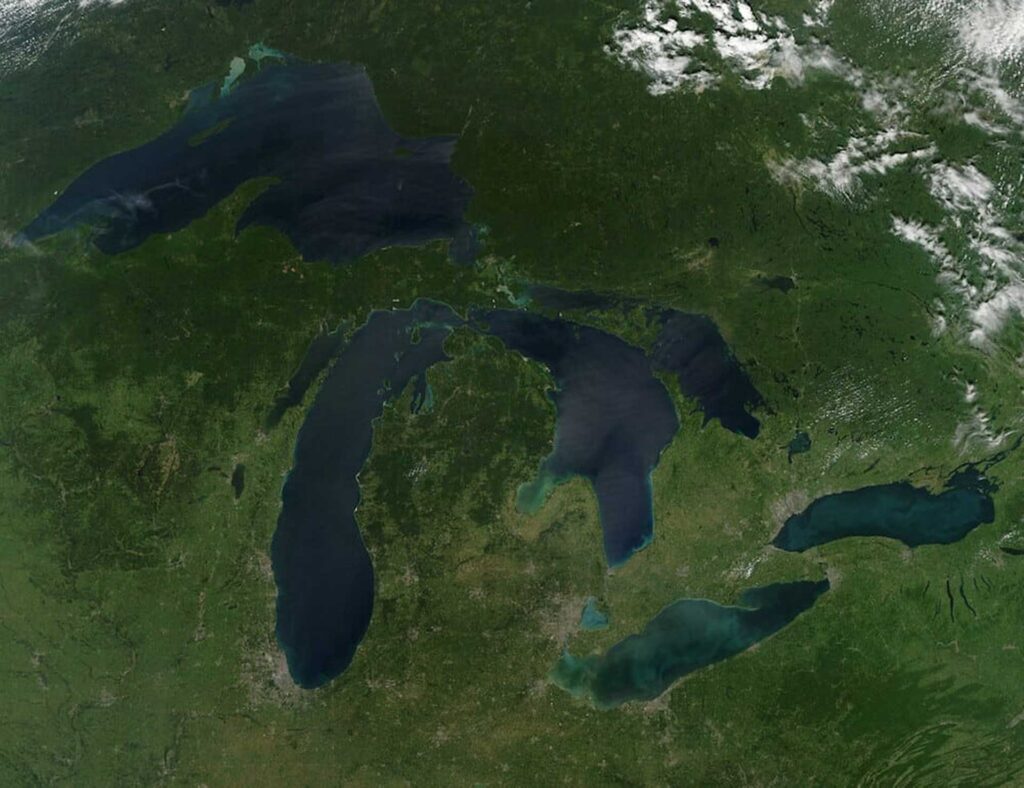
Life flows here
I feel that way about small trout streams also. Sometimes the smallest water is the most abundant, yet at the same time, the most challenging to fish. Anyone who has ever tied into a salmon that barreled into a small spate river on the back of a spring storm—or maybe has hooked a fish that ran up from one of the Great Lakes in a creek that you can lay a fly rod across—will know what I’m talking about.
Small rivers, streams and wetlands are literally the lifeblood of all aquatic ecosystems. Yes, they are where big fish make little fish. These are the life factories. The most precious of all water resources.
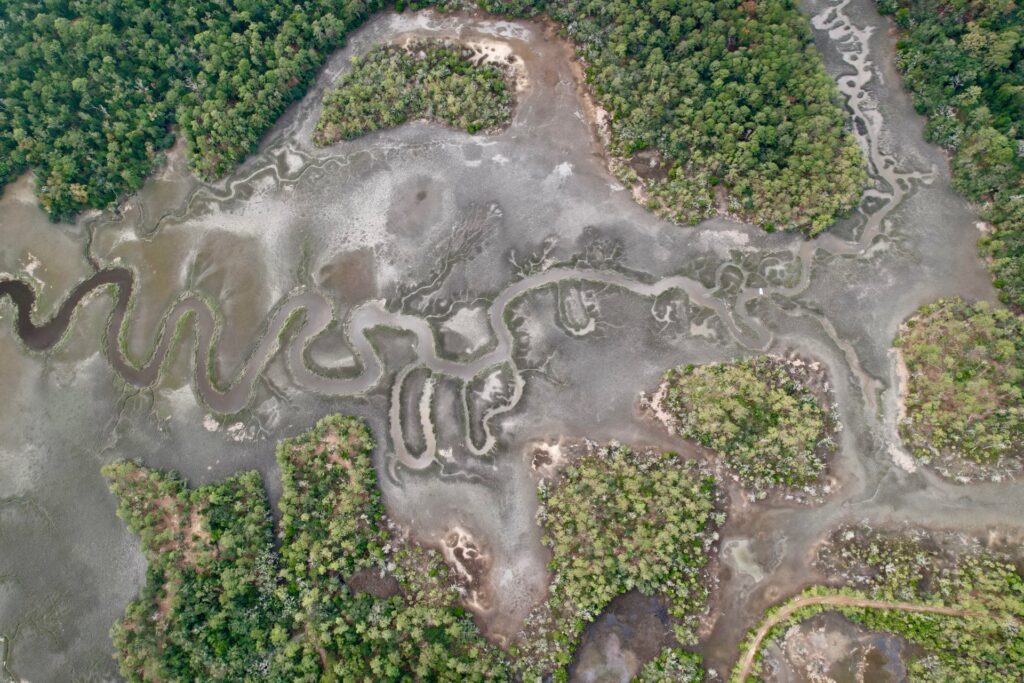
But it’s not just about fishing. Not by a longshot. When it comes to small freshwater streams, wetlands and such, it’s about bigger things… like the water you, your family, your friends and neighbors and your community all drink.
It’s waters like this that deserve the absolute most attention and respect. We need to be more vigilant, not less. And if you fish, you’re the watchdog. You should care whether you want to or not. Because everything flows forth from small water. The effects of what you do to the source are felt miles and miles downstream.
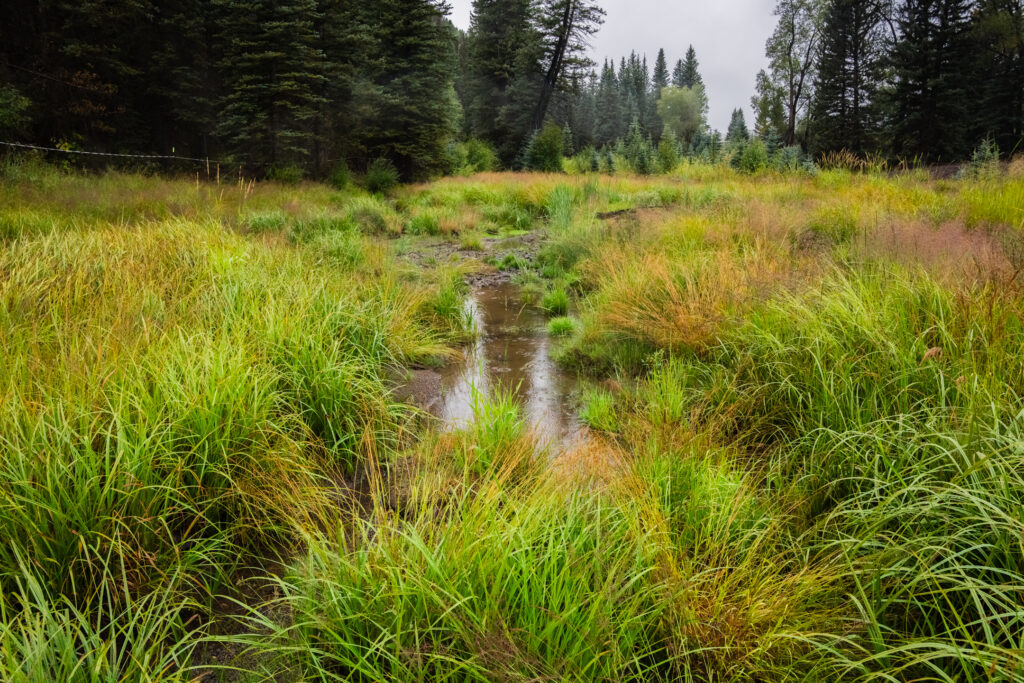
Pollute it here… drink it there. Maybe fish it in between.
The choice is yours, of course, but I’m paying particularly close attention these days to what my government is saying about—and the amount of respect given to—small waterways in America. I’m also paying attention to what the conservation organizations I support have to say about rolling back WOTUS protections.
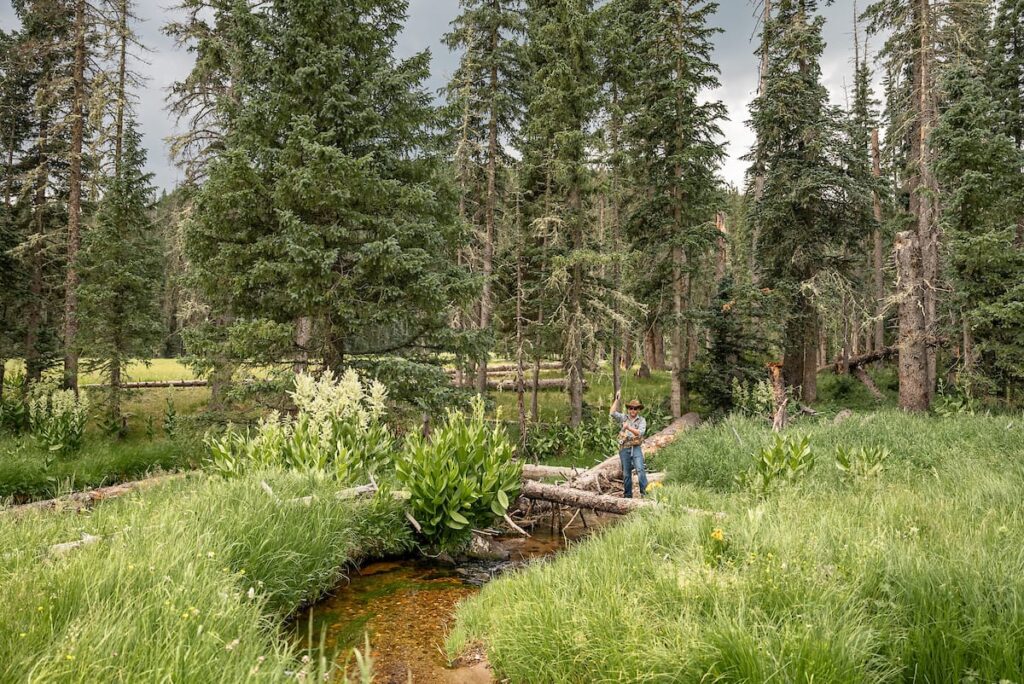
Seems to me that the potential for more pollution in headwaters certainly isn’t something worth celebrating. And it’s also not worth ignoring.
This is something we need to be talking about. Voice up and be heard.

